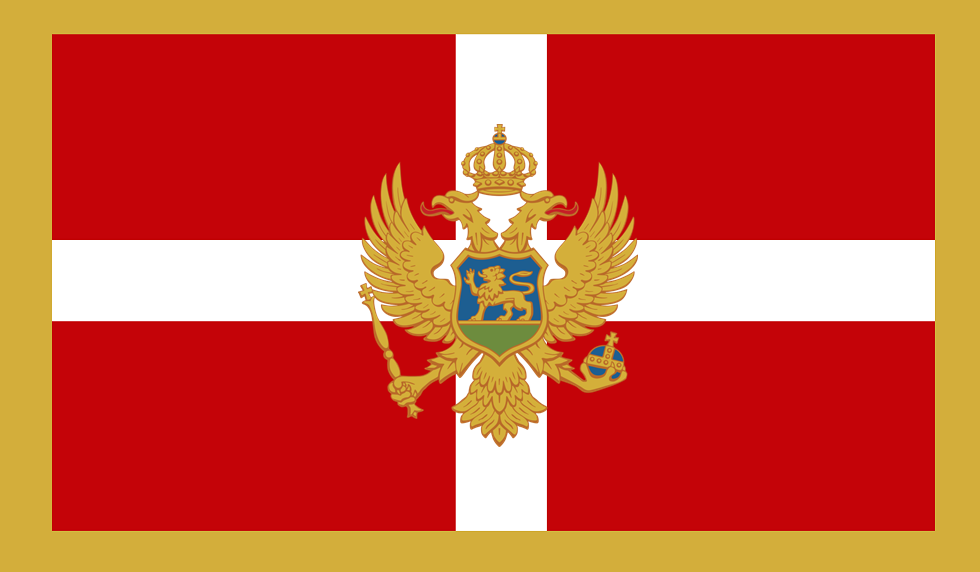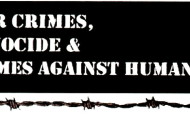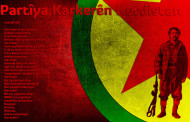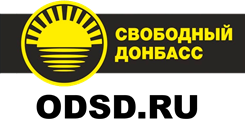Montenegrin Prime Minister Milo Djukanovic says his country seeks membership in NATO and the European Union “because we follow our interests” and that he is surprised by Moscow’s angry reaction to Podgorica’s westward pivot. Speaking to RFE/RL two weeks after NATO formally invited Montenegro on December 2 to join the alliance, Djukanovic also said he believes Moscow’s reaction is more about Russia-NATO relations than about Montenegro itself. “We have to note that this coincides with a serious worsening of the relations between Russia and NATO and between Russia and the European Union,” Djukanovic said in a December 13 interview. “I think that’s where the crucial part of the explanation lies.”
Djukanovic said the level of Moscow’s hostility to Montenegro’s efforts toward greater European integration has surprised him because the small Balkan country’s actions pose no threat to Russia. “I have to admit that for me this is surprising,” he said. “Surprising that a state of that size, that strength, that power, that seriousness, with that much history, allows itself to meddle in this direct way into something that is the internal political relations [of Montenegro].”
In response to NATO’s invitation to Podgorica, Russian President Vladimir Putin’s spokesman, Dmitry Peskov, said December 2 that Moscow would look at possible retaliatory measures. The chairman of the defense committee of the upper house of the Russian parliament, Viktor Ozerov, said that Russia would freeze joint projects with Montenegro including defense cooperation.
The Russian Foreign Ministry also warned December 2 that the invitation would “only further complicate relations between Russia and NATO.”
Moscow has long opposed Montenegro’s efforts to join NATO, with Djukanovic previously accusing the Kremlin of stoking unrest in the country in a bid to make it look like an unstable and therefore unattractive candidate for the alliance.
Pro-Russian parties in Montenegro staged antigovernment protests in Podgorica for weeks in the run up to the December 1-2 meeting of NATO foreign ministers, which issued the invitation.
The protests, at times violent, have since diminished in size but not ended entirely.
On December 12, some thousands of protesters gathered in Podgorica to demand the resignation of Djukanovic and either snap elections or an interim government.
Membership in NATO has been a divisive issue in Montenegro, particularly for segments of the society who identify strongly with Serbia and continue to resent the alliance’s bombing of targets in Serbia in 1999.
Montenegro will become NATO’s 29th member state if the legislatures of all the existing members approve its inclusion in the alliance. The lengthy approval process means that final confirmation of the membership invitation Montenegro received on December 2 could still be months away






